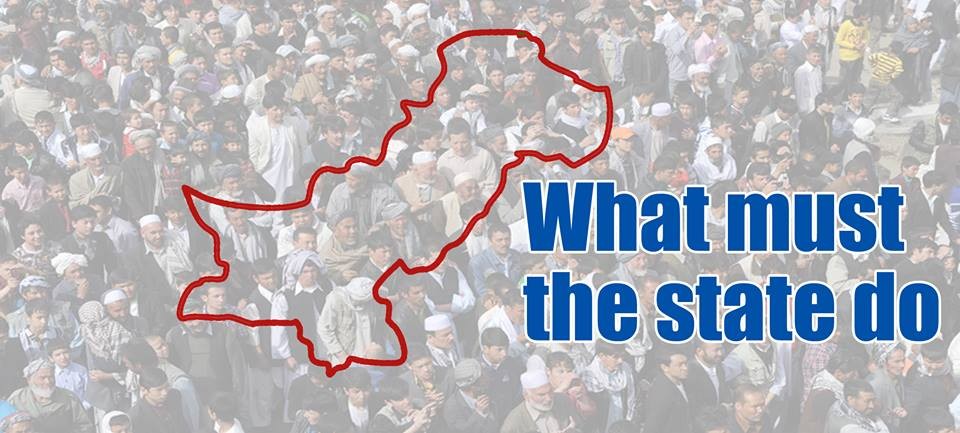
We may not have got clear answers to what must the state do, but we obviously know what must the state not do. This could be a reasonable point to start from

The murder of Sabeen Mehmud followed by the brutal killing of more than 40 Ismailis and both incidents preceded by a lifetime of violence it seems.
Has the country failed as a state, and this being said here without meaning it to be cliché?
Having lost its monopoly over violence, is there a problem with the state per se? Does the state need to redefine itself? Will it do that voluntarily? What and who will force it to change? Or does it not need to change: because the country already has a national action plan (NAP). All it needs to do is implement that.
If that too is not enough, as we can see, do we then need a new social contract? Or do we need to just abide by the old one? What should be the role of religion in this state? Can this role ensure that people of all religions and sects coexist peacefully?
Why are we caught in this vicious circle of patriotism and victimhood? When not celebrating our own goodness, why do we absolve ourselves and blame some foreign enemies for all ills inflicting this poor country?
Yet, we are told the state is on its way to course correction. The analysts and scholars we have spoken to for our Special Report today do not, however, believe this to be the case.
We may not have got clear answers to what must the state do, but we obviously know what must the state not do. This could be a reasonable point to start from.